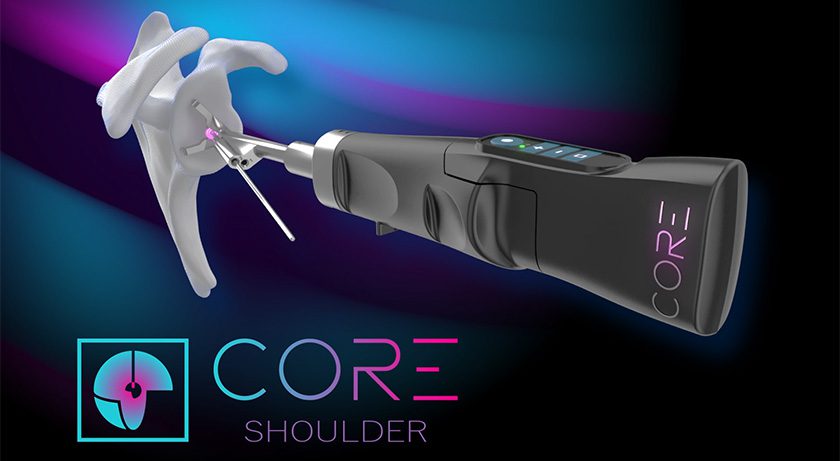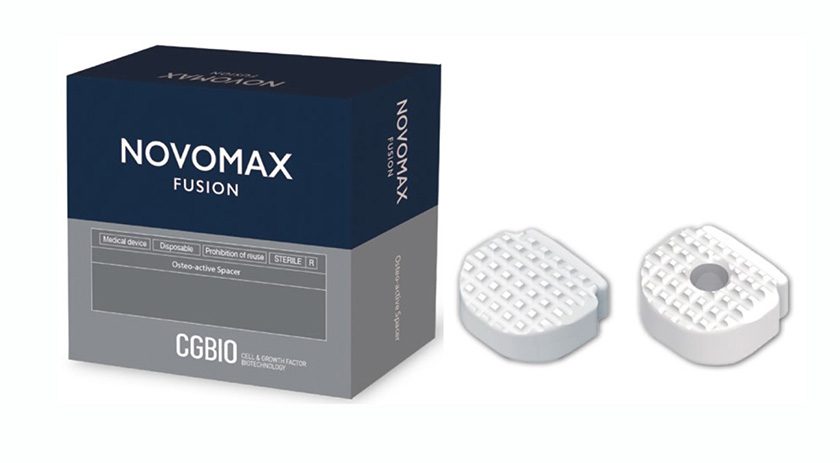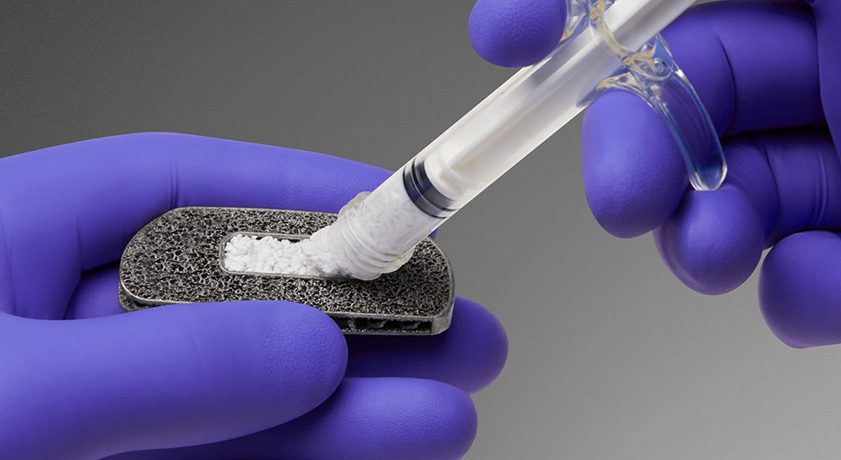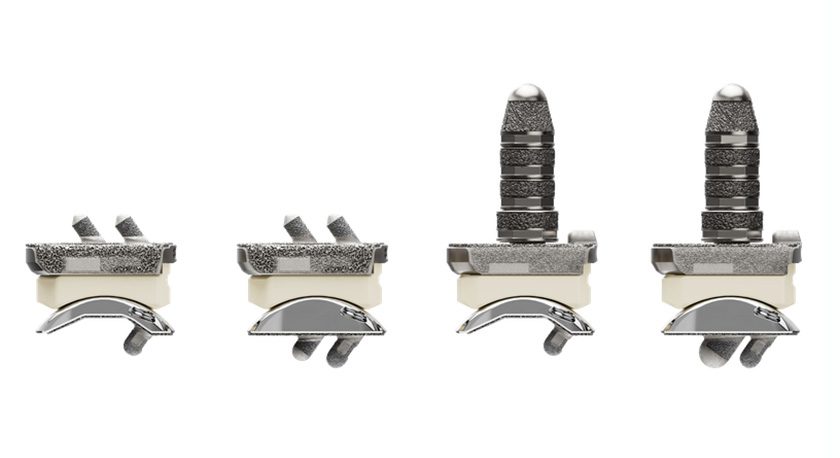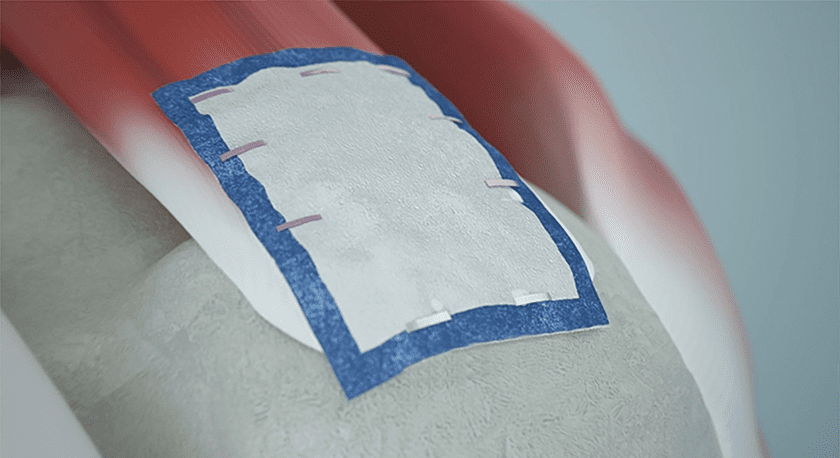

 Copy to clipboard
Copy to clipboard 
Smith+Nephew announced new data furthering a number of published studies supporting the use of its REGENETEN Bioinductive Implant in rotator cuff repair. Interim analysis from a randomized controlled trial (RCT) shows a significant reduction in the re-tear rate of full-thickness rotator cuff repairs when using the REGENETEN.
Re-tear rates of patients with medium to large full-thickness tears were measured following either an arthroscopic supraspinatus transosseous equivalent repair alone, or the same repair with the addition of a REGENETEN implant.
At 12 months, repairs with the added REGENETEN resulted in significantly lower re-tear rates than those with a transosseous equivalent repair alone. Specifically, the RCT reported:
- Patients who received a REGENETEN Bioinductive Implant presented a retear rate of 3.5%.
- Patients who received a TOE repair alone presented a re-tear rate of 25% which is in-line with published re-tear rates on similar tear types.
There were no differences in postoperative complications between groups.
REGENETEN has been shown to change the course of tear progression in early studies, aid return to normal activity and reduce re-tears versus conventional surgery.
“New RCT evidence supporting the use of our REGENETEN™ Bioinductive Implant for improved patient outcomes continues to grow,” said Christie Van Geffen, VP Sports Medicine Joint Repair at Smith+Nephew. “No other bioinductive treatment has the amount of science behind it supporting the clinical value for thousands of patients with rotator cuff tears.”
Source: Smith+Nephew
Smith+Nephew announced new data furthering a number of published studies supporting the use of its REGENETEN Bioinductive Implant in rotator cuff repair. Interim analysis from a randomized controlled trial (RCT) shows a significant reduction in the re-tear rate of full-thickness rotator cuff repairs when using the REGENETEN.
Re-tear rates of...
Smith+Nephew announced new data furthering a number of published studies supporting the use of its REGENETEN Bioinductive Implant in rotator cuff repair. Interim analysis from a randomized controlled trial (RCT) shows a significant reduction in the re-tear rate of full-thickness rotator cuff repairs when using the REGENETEN.
Re-tear rates of patients with medium to large full-thickness tears were measured following either an arthroscopic supraspinatus transosseous equivalent repair alone, or the same repair with the addition of a REGENETEN implant.
At 12 months, repairs with the added REGENETEN resulted in significantly lower re-tear rates than those with a transosseous equivalent repair alone. Specifically, the RCT reported:
- Patients who received a REGENETEN Bioinductive Implant presented a retear rate of 3.5%.
- Patients who received a TOE repair alone presented a re-tear rate of 25% which is in-line with published re-tear rates on similar tear types.
There were no differences in postoperative complications between groups.
REGENETEN has been shown to change the course of tear progression in early studies, aid return to normal activity and reduce re-tears versus conventional surgery.
“New RCT evidence supporting the use of our REGENETEN™ Bioinductive Implant for improved patient outcomes continues to grow,” said Christie Van Geffen, VP Sports Medicine Joint Repair at Smith+Nephew. “No other bioinductive treatment has the amount of science behind it supporting the clinical value for thousands of patients with rotator cuff tears.”
Source: Smith+Nephew

You are out of free articles for this month
Subscribe as a Guest for $0 and unlock a total of 5 articles per month.
You are out of five articles for this month
Subscribe as an Executive Member for access to unlimited articles, THE ORTHOPAEDIC INDUSTRY ANNUAL REPORT and more.
JV
Julie Vetalice is ORTHOWORLD's Editorial Assistant. She has covered the orthopedic industry for over 20 years, having joined the company in 1999.



